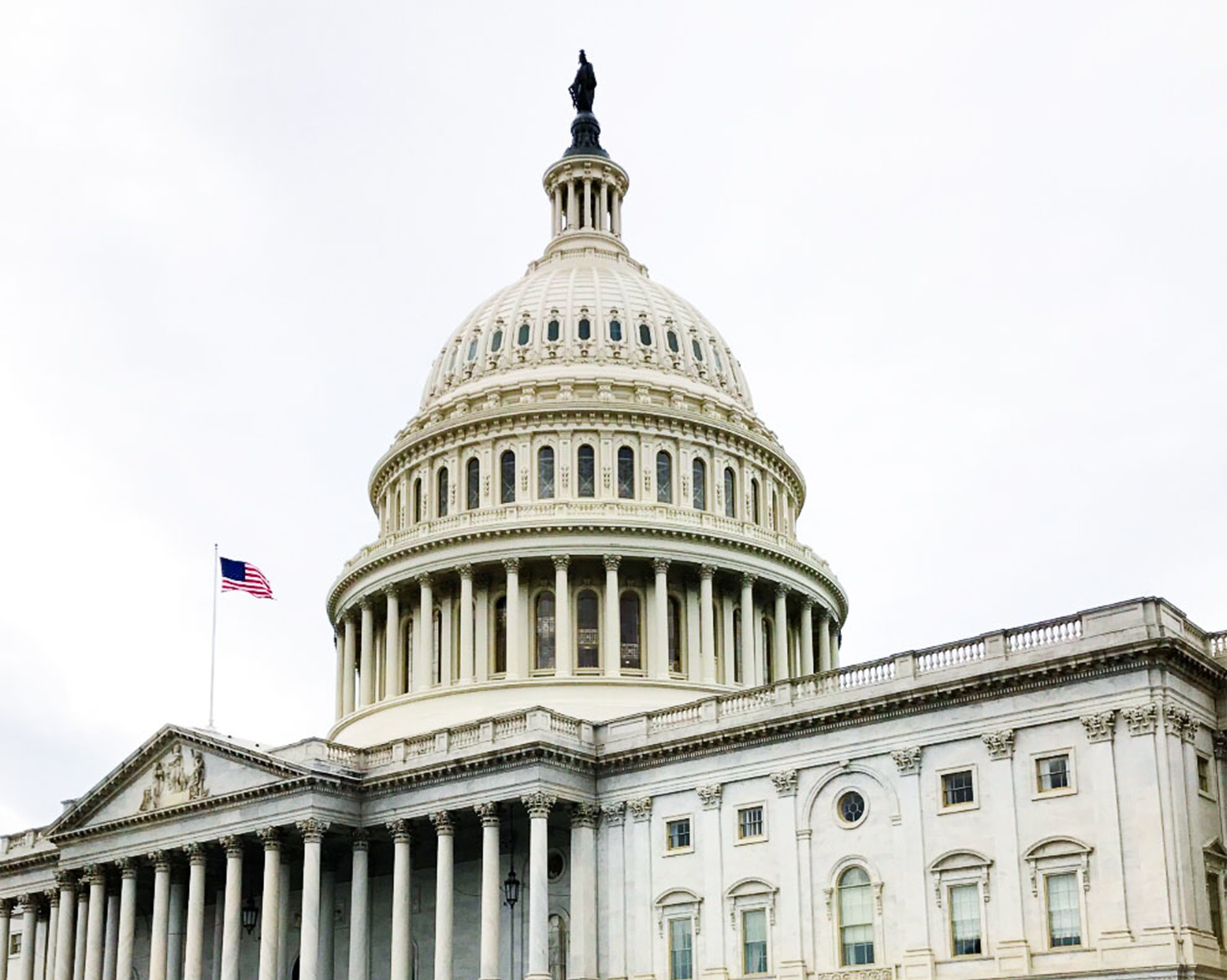IAB study shows internet economy is transforming the U.S. economy, creating new markets and spurring job growth for large and small businesses.
New York — October 19, 2021 – A new study commissioned by the Interactive Advertising Bureau (IAB) and led by a researcher from Harvard Business School, found that the internet economy grew seven times faster than the total U.S. economy during the past four years, and now accounts for 12 percent of the U.S. gross domestic product (GDP).
Specifically, the internet economy’s contribution to the U.S. GDP grew 22 percent per year since 2016, in a national economy that grows between two to three percent per year. In 2020 alone, it contributed $2.45 trillion to the United States’ $21.18 trillion GDP. Since IAB began measuring the economic impact of the internet in 2008, the internet’s contribution to GDP has grown eightfold, from $300 billion to $2.45 trillion.
The study, “The Economic Impact of the Market-Making Internet – Advertising, Content, Commerce, and Innovation: Contribution to U.S. Employment and GDP,” also discovered that:
- More than 17 million jobs in the U.S. were generated by the commercial internet, 7 million more than four years ago.
- More internet jobs, 38 percent, were created by small firms and self-employed individuals than by the largest internet companies, which generated 34 percent.
- There are 200,000 full-time equivalent jobs in the online creator economy. This number is just short of the combined memberships of craft and labor unions SAG-AFTRA (160,000), the American Federation of Musicians (80,000), the Writer’s Guild (24,000), and the Authors Guild (9,000)
- Every congressional district depends on internet-dependent jobs:
-
- Seven congressional districts have at least 10% of their residents working directly in the internet ecosystem, accounting for 9% of total U.S. internet employment.
- The remaining 91% of internet employment is spread across 425 congressional districts.
- Of those, 272 districts have at least 10,000 internet-dependent jobs.
-
“Over the eight years since our last two studies, the internet has made business formation a much more democratic process,” said John Deighton, the Harold M. Brierley Professor of Business Administration Emeritus, Harvard Business School. “Not only large firms, but also large numbers of small firms and individuals, now have the platforms and tools to find customers, engage with them, and transact. And founders don’t need to bring large amounts of capital to the table. Investors have shown great willingness to supply the capital, confident that advertising, sale of subscriptions and licenses, and freemium options will get them an attractive return on their investment.”
“It’s clear that the U.S. economy is undergoing a radical transformation driven by the market-making power of the internet,” said David Cohen, Chief Executive Officer, IAB. “Not only are the barriers to entry lower, but the power of interactive advertising allows businesses to connect with consumers faster and more efficiently than ever before. It’s now possible for a business located anywhere in the U.S. to reach a global market. As regulators continue to examine online and digital data policies, they must understand how the internet powers economic growth and how proposed regulations could slow or even stop that growth.”
The 17.6 million direct and indirect jobs generated by the internet mark a dramatic increase compared with just three million jobs when IAB began measuring employment growth in 2008. Specifically, the research estimated that 850,000 people are self-employed and 450,000 work for small businesses in jobs that could not exist without the internet. The study also showed that the commercial internet directly generated seven million jobs and indirectly provided jobs to another 10.65 million people fulfilling service needs created by internet-based companies.
The study is the fourth in a series of reports that measure the economic value of the commercial internet, published every four years since 2008.
For more information and the full report, visit here.
Please join us tomorrow, Wednesday, October 20, from 11:00 AM to 12:00 PM ET for a virtual presentation of the highlights from “The Economic Impact of the Market-Making Internet” study by Dr. John Deighton and the point of view of our IAB experts, followed by a panel discussion about “Harnessing the Power of Digital for Growth & Innovation” with three business founders sharing their stories and insights. Learn more about the webinar and register here.
About IAB
The Interactive Advertising Bureau (IAB) empowers the media and marketing industries to thrive in the digital economy. Its membership is comprised of more than 650 leading media companies, brands, and the technology firms responsible for selling, delivering, and optimizing digital ad marketing campaigns. The trade group fields critical research on interactive advertising, while also educating brands, agencies, and the wider business community on the importance of digital marketing. In affiliation with the IAB Tech Lab, IAB develops technical standards and solutions. IAB is committed to professional development and elevating the knowledge, skills, expertise, and diversity of the workforce across the industry. Through the work of its public policy office in Washington, D.C., the trade association advocates for its members and promotes the value of the interactive advertising industry to legislators and policymakers. Founded in 1996, IAB is headquartered in New York City.
For media inquiries please contact:
Lindsay Walters
Senior Vice President, Edelman
202.867.8014
[email protected]



